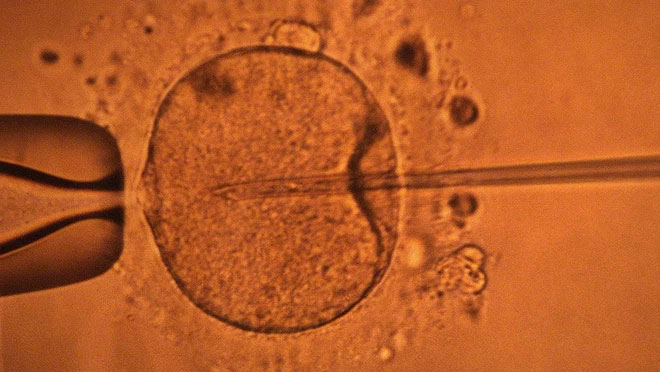The process of human reproduction typically begins with sperm traveling through semen to meet an egg and achieve fertilization. This creates a zygote, which can then implant into the uterine wall and start the development process into a baby.
However, this implantation is not entirely a given. The woman’s immune system may reject the fertilized egg, viewing it as something “foreign” and preventing pregnancy. Previous scientific studies have shown that semen contains proteins that reduce this immune response, encouraging the woman’s body to accept the zygote and facilitate pregnancy.

New research shows that sperm sends specific signals to persuade a woman’s body.
Now, researchers at the University of Adelaide (Australia) have discovered that sperm sends its own specialized signals designed to persuade a woman’s body.
“This overturns our current understanding of sperm’s capabilities,” project leader Sarah Robertson stated in a press release. “They are not just carriers of genetic material but also agents that persuade the female to invest reproductive resources in that male.”
In the new study’s experiments, female mice were mated with males that produced sperm and with males that had undergone vasectomy (meaning they produced semen without sperm).
Based on changes in the expression of various genes in the females’ uterus, researchers determined that the sperm-producing males enhanced their partner’s immune tolerance more than the vasectomized candidates.
By introducing male sperm into female cells in the laboratory, researchers were able to confirm that sperm directly caused these changes.

Sperm can influence women’s immune response during reproduction.
So why is this discovery extremely important? Because infertility is a common issue affecting tens of millions of couples worldwide, and problems such as recurrent miscarriages, preeclampsia, or stillbirths are all related to women’s immune responses during reproduction.
Now that we know sperm can influence that immune response, researchers may identify new ways to treat infertility – potentially helping some couples conceive and give birth to healthy children.



















































